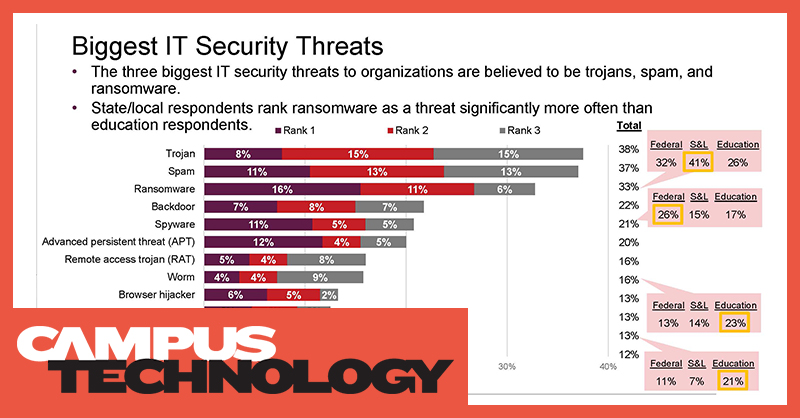
A new survey of public sector IT professionals conducted in January by independent research firm Market Connections found that careless or untrained insiders remains the top-ranked threat to higher education institutions’ network security, while the threat of malicious attacks by foreign governments is considered a bigger threat than in years past, according to the survey results.
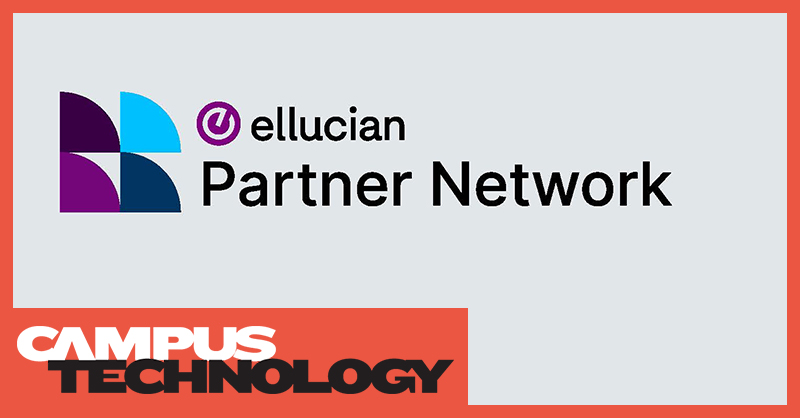
Higher education SaaS provider Ellucian has revamped its partnership programs, combining them into a new Ellucian Partner Network, aiming to “ignite scale and acceleration of digital transformation across the industry,” according to a news release.

Technology research firm Gartner advises chief information officers to include discussions about fatigue and burnout in order to reduce employee turnover and achieve better results in network management efforts, according to a new report.
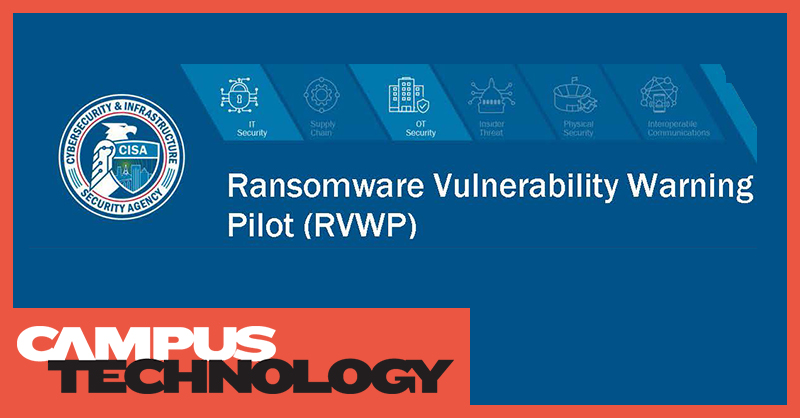
The federal Cybersecurity and Infrastructure Security Agency has launched a Ransomware Vulnerability Warning Pilot program that notifies critical infrastructure and public sector organizations anytime a new vulnerability being exploited by threat actors is identified.
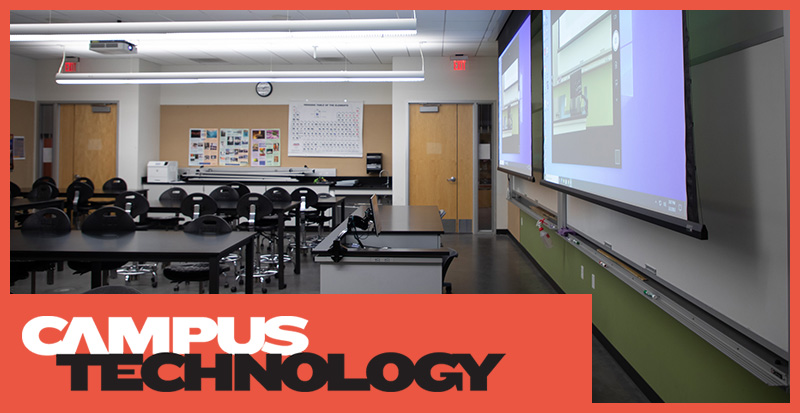
Arizona's Mesa Community College is renovating its classroom audio systems with a variety of solutions from conferencing, collaboration, and streaming technology provider ClearOne. The goal: to "enhance the flexibility and quality of remote learning experiences" for the institution's 20,000 students, according to a news announcement.
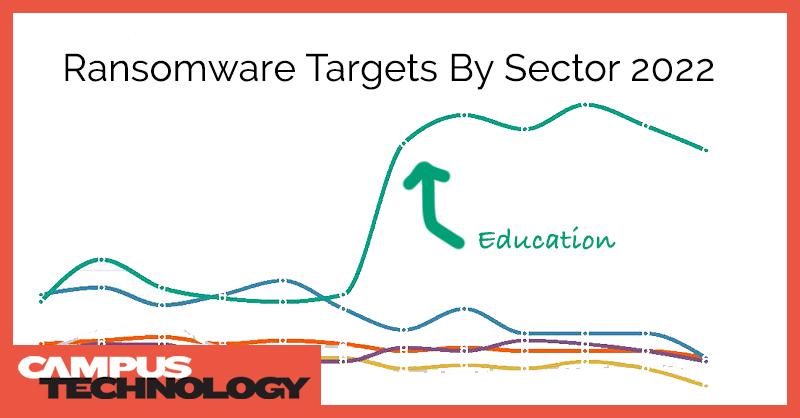
SonicWall’s 2023 Cyber Threat Report shows that ransomware attacks targeting higher education institutions dropped by 29% last year — perhaps a result of wider reporting and faster patching of known exploited vulnerabilities, SonicWall said — as higher ed malware attacks rose by about 26%.
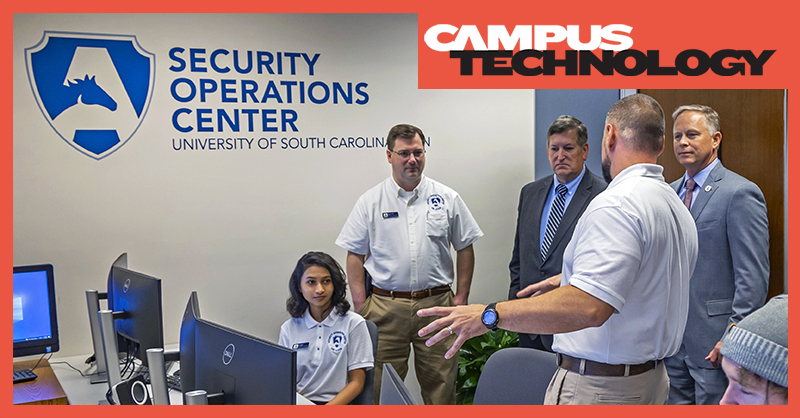
Thanks to the CIO's efforts on campus and through partnering with external cyber organizations, USC Aiken is enjoying a successful first year of its student-staffed Security Operations Center, expanding cyber-monitoring capabilities for not only the Aiken campus but also for sister campuses in the USC system — and the university is no longer short-staffed in the IT department.
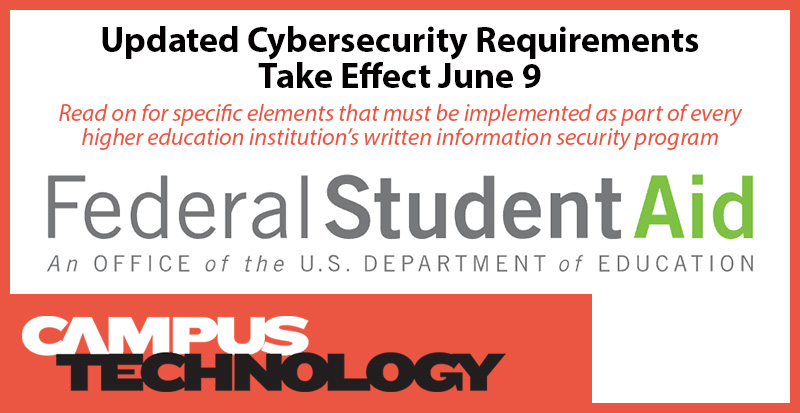
The U.S. Department of Education’s Federal Student Aid office recently published detailed information security requirements for higher education institutions that previously or currently service, administer, or aid in the administration of a Federal Student Aid program, noting that IHEs participating in FSA programs fall under the Gramm-Leach-Bliley Act and must comply with its mandates by June 9, 2023.
Springboard, an online learning platform that emphasizes mentor-student relationships, today unveiled a new partnership with Gonzaga University to deliver two online “bootcamps” to learners aiming for careers in cybersecurity and software engineering.

A new network of research teams, led by the Community College Research Center (CCRC) in partnership with the National Student Clearinghouse Research Center and the University of California, Davis Wheelhouse Center for Community College Leadership and Research, is embarking on a three-year project to study ways to combat community college enrollment drops and learning loss due to the COVID-19 pandemic.